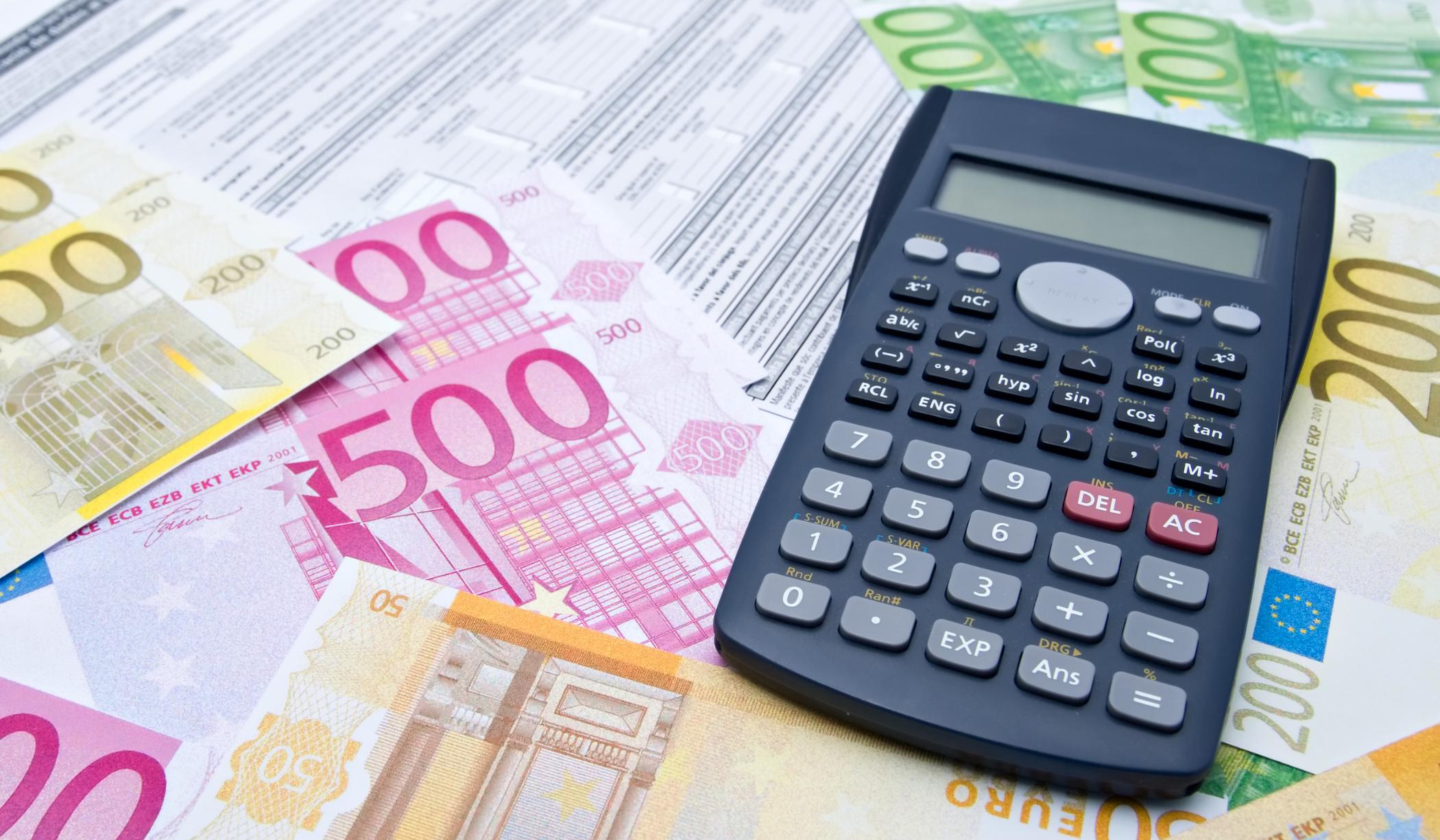Cyprus is facing three problems that threaten the country's economic sector. These are non-performing loans, low bank profitability and the indebtedness of Cyprus' non-financial private sector.
This was announced by the island state's central bank on Thursday 31 October.
At the same time, the biggest risks are non-performing loans and low bank profitability. On the other hand, the debt of households and non-financial corporations is gradually decreasing.
At the end of June, household assets in the form of financial instruments amounted to €5.5 bn, of which 7% in cash and deposits, 2% in loans, 29% in securities, 43% in shares and 19% in other financial assets.
Household debt fell to 59.5 billion euro. At the same time, the corresponding debt ratio was 61% of gross domestic product (GDP), a significant decline year-on-year. Compared with December 2016, the household debt index fell by 57%.
In turn, the assets of non-financial corporations amounted to €74.6 billion at the end of June 2024, of which cash and deposits accounted for 18 %, loans and securities for 7%, shares for 43% and other financial assets for 32 %. The debt of non-financial corporations reached 40.5 bn euro. At the same time, the debt ratio was 125% of GDP, lower than a year earlier. Compared to December 2016, the debt index of non-financial corporations decreased by 8%.

Insurance companies' assets in pure financial instruments decreased slightly to €5.5bn, of which cash and deposits accounted for 7%, loans for 3%, securities for 29%, shares for 43% and other financial assets for 18%.
Correspondingly, the portfolios of investment institutions accumulated assets of €6.3 billion, of which cash and deposits accounted for 5%, loans and securities for 15%, shares for 78% and other financial assets for 2%.
Finally, according to the Central Bank of Cyprus, pension funds' investments in financial instruments totalled €4.3 billion. Of this: 15% in cash and deposits, 15% in loans, 7% in securities, 55% in shares and 8% in other financial assets.
